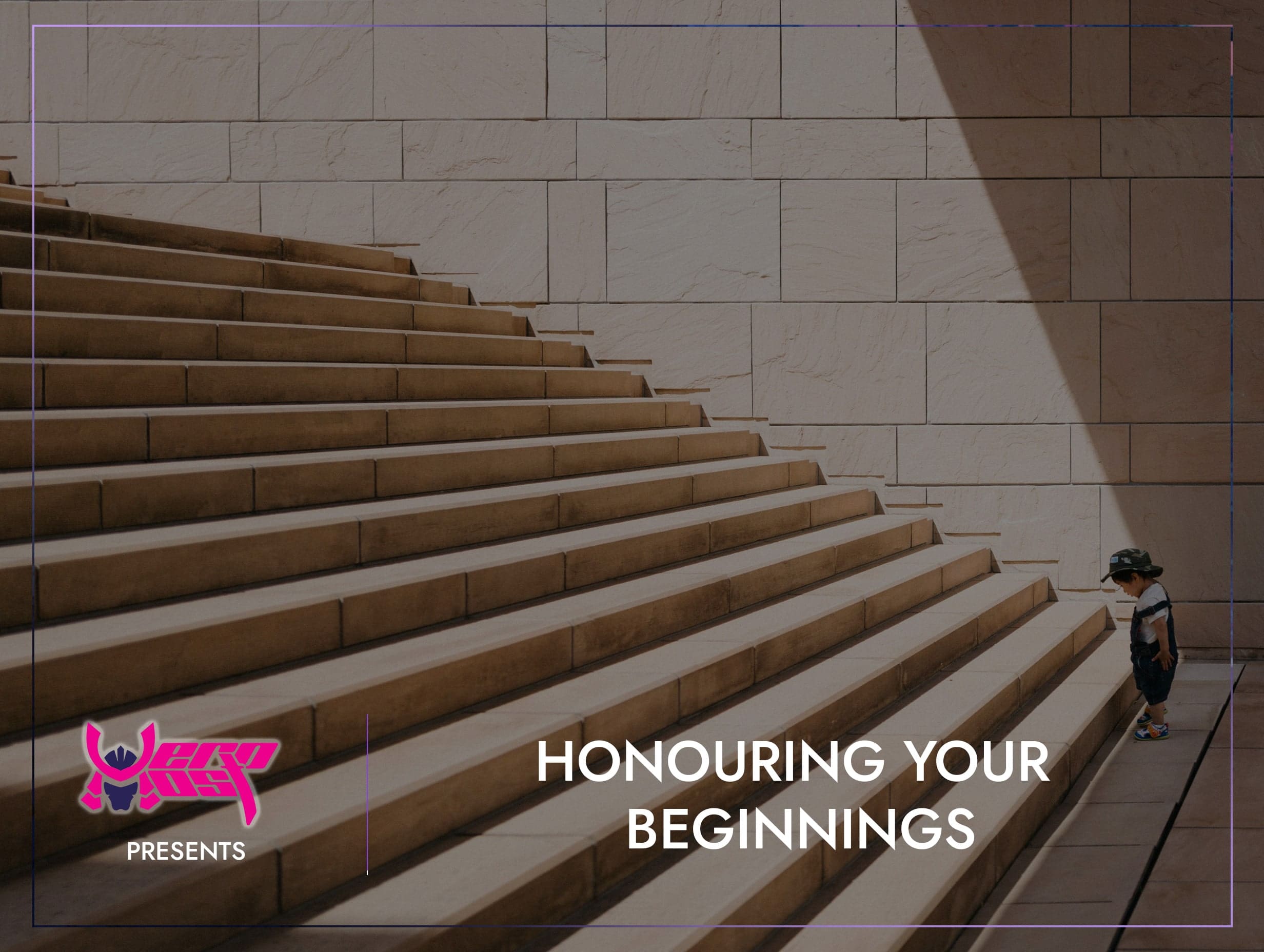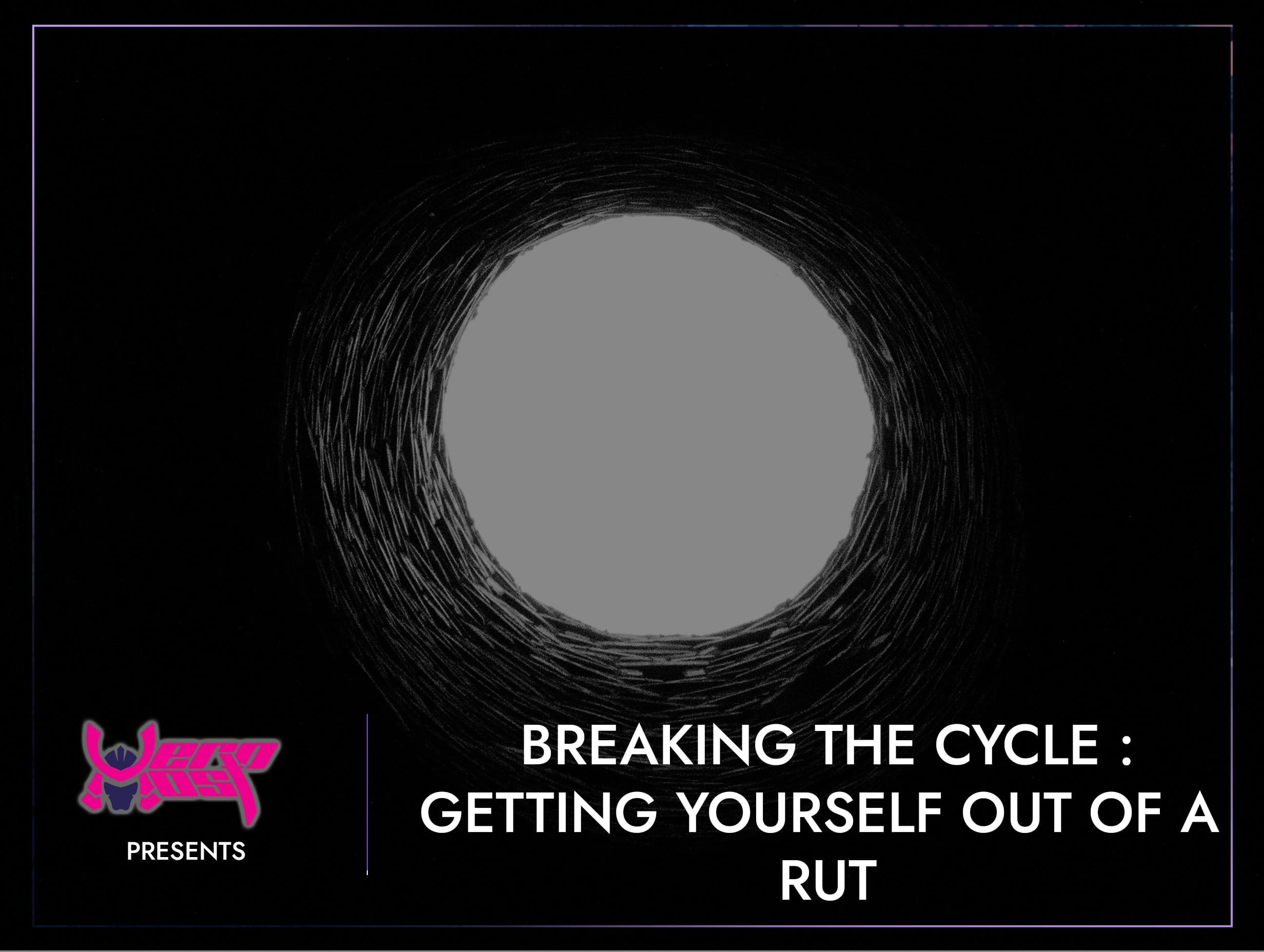Honouring Your Beginnings: The Power of the Beginner’s Mind
- Home
- Lessons From Asia
- Honouring Your Beginnings: The Power of the Beginner’s Mind

- Mikey Ryu
- June 20, 2024
- 0
Honouring Your Beginnings: The Power of the Beginner’s Mind
In our fast-paced, ever-evolving world, it’s easy to become entrenched in our routines and expertise, losing sight of the openness and curiosity that once fueled our growth. However, there’s profound wisdom in returning to a “beginner’s mind,” a concept from Zen Buddhism known as “Shoshin.” This mindset emphasizes approaching life with the same eagerness and lack of preconceptions as when encountering something for the first time. Shunryu Suzuki, a renowned Zen master, encapsulated this idea perfectly: “In the beginner’s mind there are many possibilities, in the expert’s mind there are few.”
This blog post delves into the importance of honouring your beginnings by embracing a beginner’s mind. We will explore the characteristics that define this mindset, contrast it with the limitations of an expert’s mind, and offer practical tips and mindfulness practices to integrate into your daily life. By adopting a beginner’s mind, you open yourself up to endless possibilities, fostering continuous learning and profound personal growth. This journey not only enriches your own life but also inspires those around you, creating a ripple effect of curiosity and openness. Let’s embark on this path together and rediscover the power of seeing the world through fresh eyes.
Section 1: Understanding The Beginner’s Mind
Explanation of the Concept
The “beginner’s mind,” or “Shoshin” in Japanese, is a concept from Zen Buddhism that emphasises approaching life with an open, eager, and fresh perspective as if encountering everything for the first time. Shunryu Suzuki, a renowned Zen master, highlighted this mindset as crucial for growth and learning. The beginner’s mind is free from preconceptions, allowing for limitless possibilities and creativity.
Characteristics of a Beginner’s Mind
A beginner’s mind is characterised by several key traits:
- Openness: A willingness to embrace new experiences and ideas without judgment. This openness allows for the reception of new knowledge and insights.
- Curiosity: An eager desire to learn and understand more about the world. This curiosity drives exploration and discovery.
- Humility: Recognising that there is always more to learn, regardless of how much one already knows. This humility prevents arrogance and encourages continual learning.
- Flexibility: Being adaptable and open to change. This flexibility enables one to adjust and grow with new information and experiences.
These traits combine to form a mindset that is not hindered by the limits of prior knowledge or experience, fostering an environment where innovation and growth can thrive.
Importance in Self-Improvement
Maintaining a beginner’s mind is crucial for personal development and self-discovery for several reasons:
- Endless Learning Opportunities: When you approach life with a beginner’s mind, you are always ready to learn something new. This mindset keeps you from becoming complacent and encourages continuous growth.
- Enhanced Problem-Solving: A fresh perspective can lead to creative solutions that might not be apparent to someone with a fixed, expert mindset. Beginners often see possibilities that experts overlook.
- Increased Resilience: Embracing the beginner’s mind means accepting that mistakes and failures are part of the learning process. This acceptance builds resilience and a positive attitude towards challenges.
- Greater Fulfillment: Engaging with life’s experiences fully and openly can lead to a richer, more fulfilling existence. The excitement and joy of discovering something new keeps life interesting and vibrant.
By adopting a beginner’s mind, you open yourself up to a world of endless possibilities, continuous learning, and profound personal growth. This mindset not only enriches your own life but also positively impacts those around you, creating a ripple effect of curiosity and openness.
Section 2: The Contrast with the Expert’s Mind
Explanation of the Expert’s Mind
The expert’s mind, in contrast to the beginner’s mind, is often characterised by a deep well of knowledge and a wealth of experience in a particular field. While this expertise can be incredibly valuable, it also brings certain challenges. An expert’s mind tends to be filled with preconceptions and established patterns of thinking, which can limit creativity and openness to new ideas.
Limitations of Expertise
Despite its advantages, expertise can sometimes lead to several limitations:
- Narrow Thinking: Experts might develop a fixed mindset, adhering strictly to what they know and resisting new methods or perspectives. This can stifle innovation and prevent them from seeing alternative solutions.
- Overconfidence: The confidence that comes with expertise can sometimes turn into overconfidence, leading experts to overlook important details or dismiss valuable input from others.
- Resistance to Change: With extensive experience, experts might become set in their ways, making them less adaptable to change. This resistance can hinder growth and the ability to respond effectively to new challenges.
- Risk Aversion: Experts might avoid taking risks due to a fear of damaging their reputation or failing. This aversion can limit experimentation and the exploration of uncharted territory.
These limitations highlight the potential drawbacks of an expert’s mindset and underscore the importance of balancing expertise with a beginner’s openness.
Examples
To illustrate the impact of the expert’s mind, consider the following examples:
- Scientific Research: In scientific communities, breakthroughs often come from interdisciplinary collaboration, where fresh perspectives challenge established norms. Experts who cling too tightly to traditional methods may miss out on revolutionary discoveries.
- Business Innovation: In the business world, companies that rest on their laurels and rely solely on past successes can quickly become obsolete. For instance, Kodak, once a leader in the photography industry, failed to adapt to digital technology, leading to its decline.
- Personal Growth: On a personal level, individuals who believe they have nothing more to learn might miss opportunities for growth and self-improvement. For example, a seasoned professional who refuses to update their skills may find themselves outpaced by newer, more adaptable colleagues.
These examples demonstrate how the rigidity of an expert’s mind can limit potential and emphasise the need to maintain a balance between expertise and the openness of a beginner’s mind.
Section 3: Embracing the Beginner’s Mind in Daily Life
Practical Tips:
1. Stay Curious
- Ask Questions: Cultivate a habit of asking questions, no matter how simple they may seem. Curiosity leads to deeper understanding and new insights.
- Seek New Knowledge: Regularly read books, watch documentaries, or attend workshops outside your area of expertise to expand your horizons.
2. Be Open to New Experiences
- Try New Activities: Engage in hobbies or activities that are unfamiliar to you. Whether it’s learning a new language, trying a different sport, or exploring a new genre of music, new experiences stimulate the mind.
- Step Out of Your Comfort Zone: Challenge yourself to step out of your routine. This could mean travelling to new places, meeting new people, or tackling new projects at work.
3. Accept Failure
- Embrace Mistakes: View mistakes as learning opportunities rather than setbacks. Each failure brings valuable lessons that contribute to growth.
- Reflect and Learn: After a setback, take time to reflect on what went wrong and what you can do differently next time. This reflection fosters resilience and continuous improvement.
Mindfulness Practices
1. Meditation
- Practice Regularly: Incorporate meditation into your daily routine to cultivate awareness and presence. Meditation helps clear the mind of preconceptions and opens it to new possibilities.
- Focus on the Present: During meditation, focus on your breath and the present moment. This practice trains your mind to stay grounded and receptive.
2. Journaling
- Daily Reflection: Keep a journal to reflect on your daily experiences, thoughts, and feelings. Writing helps clarify your mind and recognise patterns that might limit your thinking.
- Set Intentions: Use your journal to set daily or weekly intentions that encourage a beginner’s mindset. For example, you might write, “Today, I will approach my work with curiosity and openness.”
3. Mindful Observation
- Observe Without Judgment: Practice observing your surroundings, thoughts, and emotions without judgment. This mindfulness technique helps you remain open and accepting of whatever comes your way.
- Engage Your Senses: Pay attention to your senses – what you see, hear, smell, taste, and touch. This heightened sensory awareness enhances your ability to experience the world with a fresh perspective.
By integrating these practical tips and mindfulness practices into your daily life, you can cultivate and maintain a beginner’s mind. This mindset not only enriches your personal growth but also enhances your interactions with others and your ability to navigate life’s challenges with grace and adaptability. Embracing the beginner’s mind means continuously opening yourself to the vast possibilities that each new day brings, ensuring a lifetime of learning and discovery.
Section 4: The Journey Forward
Continuous Learning
Maintaining a beginner’s mind is not a one-time effort but a lifelong journey. Here’s why continuous learning is essential and how to keep progressing:
1. Lifelong Commitment
- Ongoing Education: Embrace the mindset that learning never stops. Whether through formal education, self-study, or experiential learning, commit to continually expanding your knowledge and skills.
- Adaptability: In a rapidly changing world, the ability to learn and adapt is crucial. A beginner’s mind keeps you flexible and open to new opportunities and challenges.
2. Embrace Change
- Be Open to Transformation: Understand that change is a constant part of life. Embracing change with a beginner’s mind allows you to navigate transitions smoothly and find new paths for growth.
- Seek Feedback: Regularly seek feedback from others to gain new perspectives and insights. Constructive criticism helps you identify areas for improvement and keeps you grounded.
Conclusion
Honouring your beginnings by maintaining a beginner’s mind is a powerful approach to personal growth and continuous learning. Embracing curiosity, openness, and humility allows you to see the world with fresh eyes, fostering creativity and resilience. As you move forward, remember that the journey is not just about reaching a destination but about experiencing each step with a sense of wonder and possibility. By reflecting on where you started and staying open to new experiences, you cultivate a mindset that not only enriches your life but also inspires those around you. As you embark on this lifelong journey of self-discovery and improvement, keep Shunryu Suzuki’s wisdom close to heart:
“In the beginner’s mind there are many possibilities, in the expert’s mind there are few.”
Shunryu Suzuki
May this philosophy guide you to endless opportunities and a fulfilling, ever-evolving path.
Search
Categorys
- Branding (12)
- Business Growth Guides (3)
- Business Insights (3)
- Content Marketing (43)
- Domain Authority (19)
- Email Marketing (28)
- Google Analytics & Search Console (5)
- Hack or Not (2)
- Hero Host News (0)
- Inbound Marketing (32)
- Lessons From Asia (40)
- Marketing Guides (11)
- Martial Arts Journey (14)
- Outbound Marketing (8)
- Search Engine Optimisation (SEO) (41)
- Social Media Marketing (38)
- Web Design (20)
- Website Hosting (4)
- Wordpress (2)






